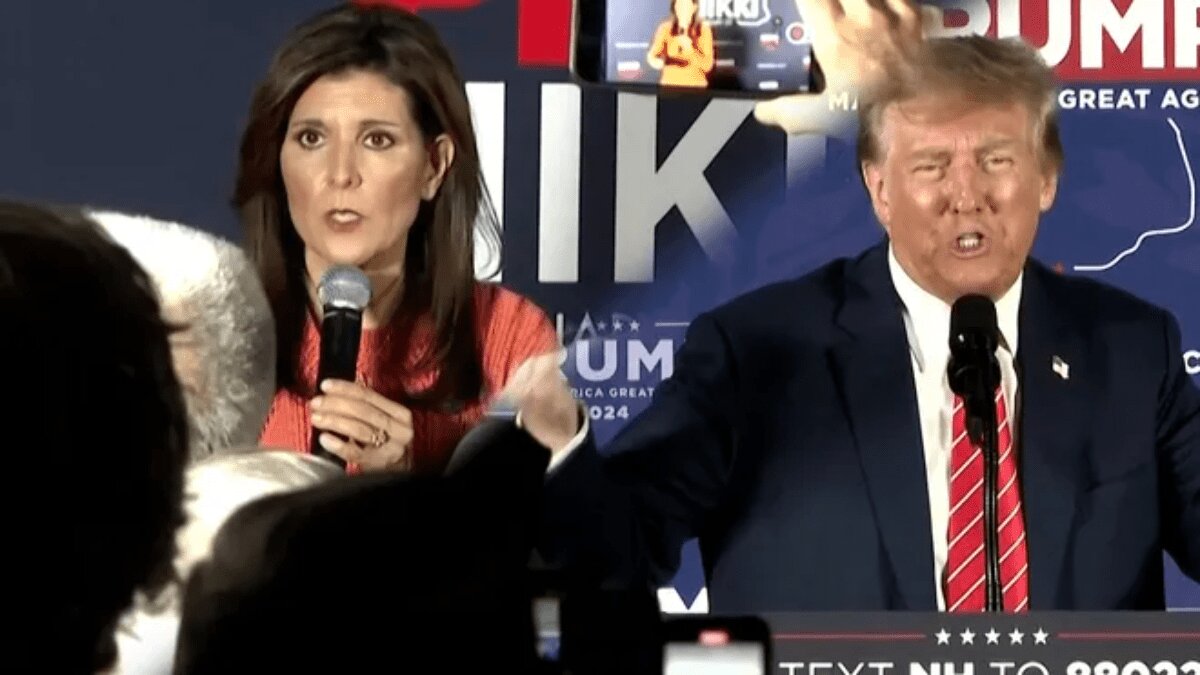Nevada’s political landscape is currently abuzz with a distinctive scenario involving the Republican primary and party-run caucuses. The absence of Donald Trump’s name from the primary ballots has left many voters perplexed, paving the way for alternative contenders like Nikki Haley. In this article, we will explore the intricacies of Nevada’s dual electoral processes and their impact on the upcoming 2024 elections.
In a rare turn of events, the Nevada Republican Party has opted for both a primary election and party-run caucuses, creating a complex political scenario. While the primary election involves absentee and in-person voting, the caucuses are more exclusive, requiring in-person participation and ID verification.
Donald Trump, a prominent figure in Republican politics, has chosen to bypass the primary election and participate exclusively in the party-run caucuses. This strategic move aligns with the preferences of Trump supporters who dominate the Nevada GOP. Despite not appearing on the primary ballots, Trump aims to secure victory through the caucuses, influencing the selection of the state’s Republican National Convention electors.
The decision to conduct both a caucus and a primary stems from a 2021 state law mandating primary elections as long as there are at least two candidates for a party’s nomination. While the primary is a taxpayer-funded, inclusive affair, the party-run caucuses offer a more stringent platform for candidates, emphasizing in-person participation and ID verification.
Facing tough competition in the caucuses dominated by Trump loyalists, Nikki Haley has strategically chosen to participate in the primary election. By doing so, she aims to showcase broader support and appeal to a wider voter base. The primary serves as a platform for candidates to set and exceed expectations, potentially building momentum early in the race.
The Nevada GOP’s stance on holding a binding caucus reflects internal divisions and differing opinions on the legitimacy of the primary election. While some argue that caucuses better test a candidate’s appeal to party loyalists, others believe that primary elections, being more inclusive, serve as a fairer representation of voters’ choices.
The absence of Trump’s name on primary ballots has led to widespread confusion among Nevada GOP voters. Despite efforts by the Secretary of State’s office to alert voters through postcards, signs, and media outreach, many remain unaware of the dueling contests, expressing frustration and confusion.
As Nevada prepares for these dual electoral events, the possibility of unconventional results looms large. While Trump is expected to fare well in the caucuses, Nikki Haley’s performance in the primary may reshape the narrative, setting the stage for an intriguing 2024 electoral journey in the state.
Nevada’s Republican primary and caucuses present a unique chapter in the unfolding story of U.S. politics. The interplay between traditional primary elections and party-run caucuses reflects the complexities and internal dynamics of the Nevada GOP. As voters navigate this dual electoral landscape, the outcomes will undoubtedly contribute to the broader narrative of the 2024 election cycle, making Nevada a focal point of political intrigue and strategic maneuvering.


